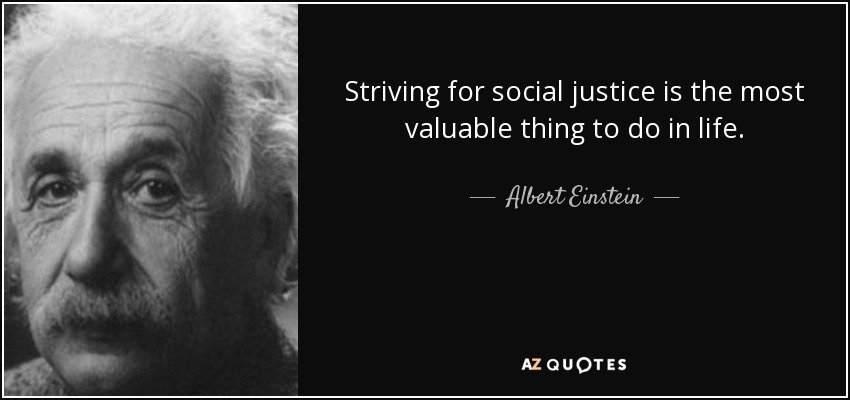Cindy Ariel and Robert Naseef
Since 1990, Alternative Choices has been an independent psychology practice with a team of experienced, licensed psychologists and psychotherapists. Our mission is to build authentic therapeutic partnerships to bring about change, healing, and growth for adults. Treatment strategies are tailored to address each person's unique needs in a safe confidential space for individuals to explore their thoughts and feelings without fear of judgment or disclosure. This can allow you to gain insight and understanding of your emotions and behaviors and can lead to reduced symptoms of anxiety, depression, and other mental health conditions, such as trauma.
Psychotherapy can help to improve communication, problem-solving, and healthy relationship skills with family, friends, and partners. Therapists also teach effective coping mechanisms to manage stress, anxiety, and other challenges. Our practice uses techniques such as mindfulness, relaxation exercises, insight, and cognitive restructuring. We start where people are and accept their differences. We are neurodiverse affirming in our approach. We are in very few insurance networks, so if you have questions, contact us and let us know your insurance carrier.
We have a specialty in helping families of children with autism and other special needs in accepting their child’s condition and developing coping strategies for families. We also have a specialty in diagnosis of adult autism. If you are an adult who recognizes you have autistic traits but are unsure what to do or if your child was diagnosed and you wonder about yourself, then an evaluation may be helpful.
A formal diagnosis can provide a framework for understanding why certain behaviors and difficulties have been present throughout your life. This can lead to self-acceptance and self-compassion. The diagnosis can also open doors to support services, including therapy, counseling, including tailored interventions for sensory sensitivities, social skills, and emotional regulation.
Under the Americans with Disabilities Act (ADA), individuals with autism are entitled to reasonable accommodations in the workplace and educational settings. This can include adjustments to work environment, assistive technology, and modified learning plans. A diagnosis can empower individuals to communicate their needs and challenges more effectively, leading to better self-advocacy in various aspects of life.
A sense of community can emerge from connecting with the broader autism community, and being in community can provide a sense of belonging and reduce feelings of isolation. A diagnosis can also help individuals identify and focus on their strengths and areas of expertise. Light can be shed on past relationship dynamics and help individuals understand their own communication style and social interactions. In some cases, a diagnosis may lead to job training or eligibility for disability benefits and other financial assistance programs.
If you are interested in a diagnostic evaluation, contact us here.
Check out reviews of our evaluations at https://bit.ly/46VOVpD









